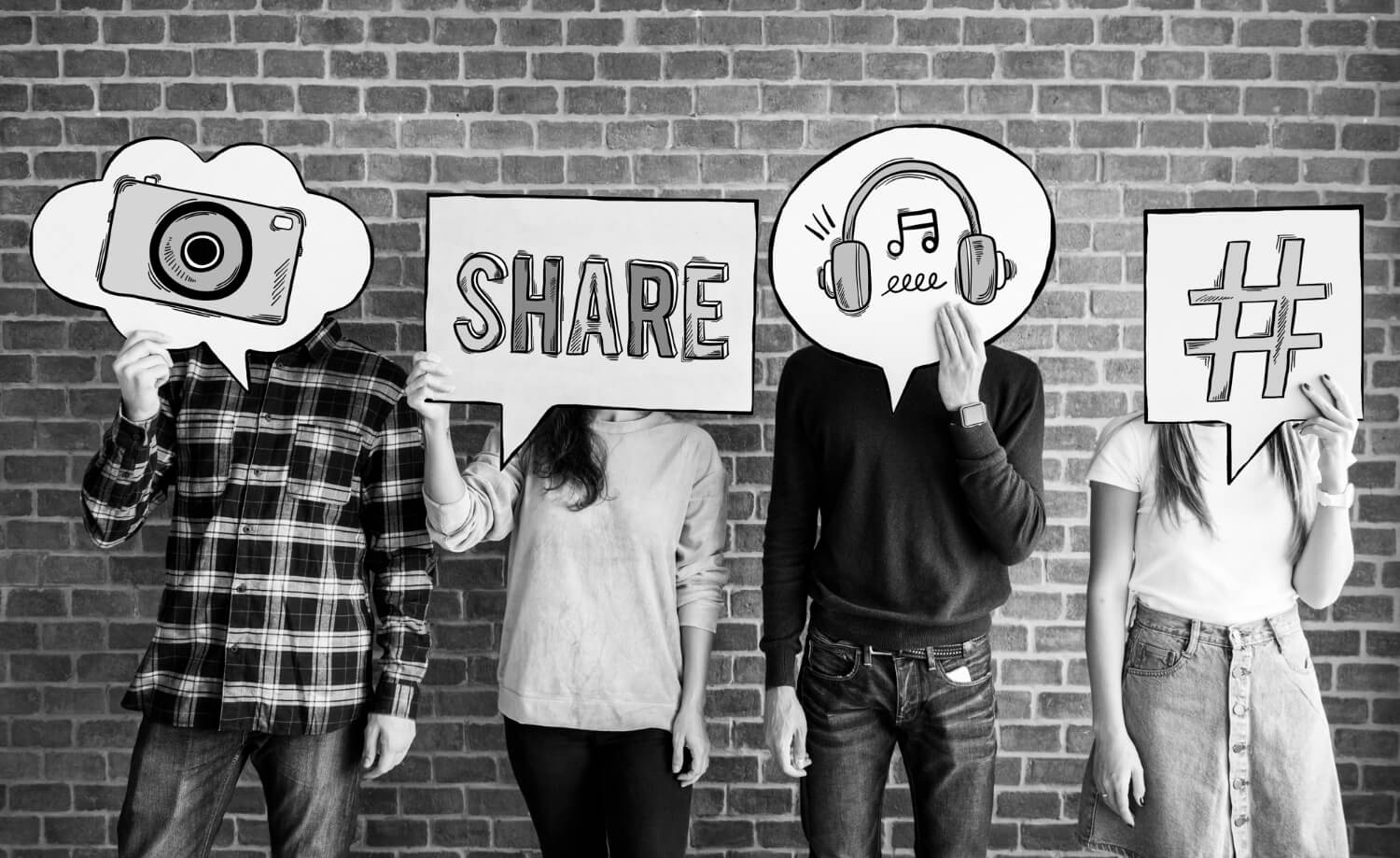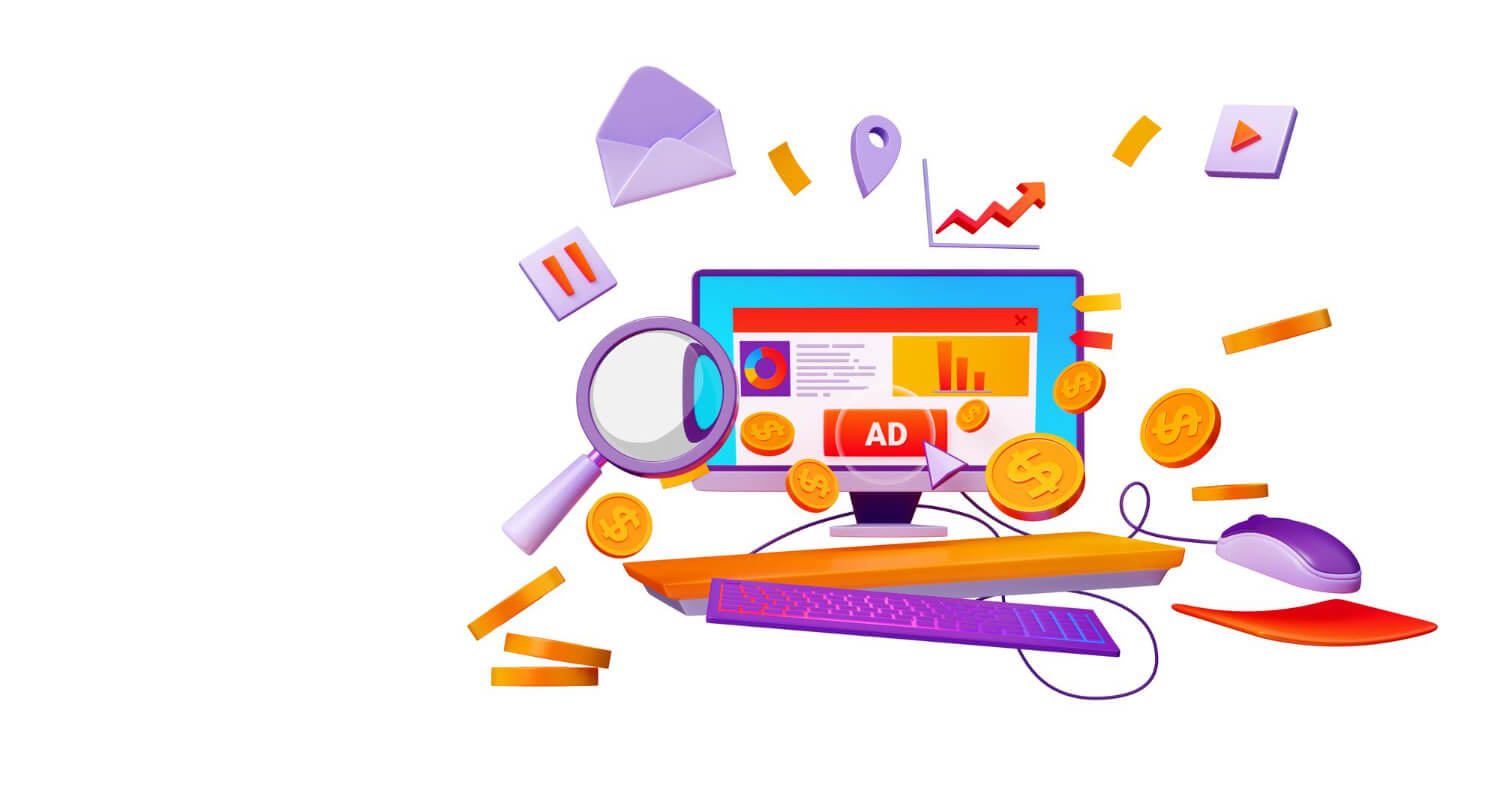Who haven't heard about hashtags before? Absolutely no one right? We all interact with one another online via social media platforms mostly and that has became a center of marketing and branding as well. In this article we would like to give some insider information on the role and use of hashtags in social media engagement and why businesses, influencers and even casual users should use them wisely.
1. What is a Hashtag?
I know this is not a questions we should ask, but it's always useful to put common things into words even if we know their meaning. A hashtag is a word or phrase preceded by a hash sign (#), used on social media platforms to identify messages on a specific topic. They began their journey on Twitter but have since become omnipresent across platforms like Instagram, Facebook, LinkedIn, and more.
2. How Do Hashtags Boost Engagement?
Discoverability:
When users click on or search for a hashtag, they are shown all the posts associated with it. For businesses and influencers, using relevant hashtags ensures their content is discoverable by a broader audience, beyond just their followers.
Community Building:
Hashtags can create and nurture communities. For instance, #ThrowbackThursday encourages users to post nostalgic content every week, creating a recurring theme and engagement.
Trend Participation:
Jumping onto trending hashtags can drastically increase visibility. When something starts trending, there's a surge of interest, and being part of that conversation can significantly boost engagement.
Content Organization:
Brands can use unique hashtags to categorise their posts, making it easier for followers to find related content. For instance, a fashion brand might have separate hashtags for winter wear, summer collections, and festive launches.
3. Hashtags and Different Social Media Platforms
Hashtag usage varies from one platform to another, and understanding them is the key.

Twitter:
Here, hashtags are primarily used to follow trends and discussions. Due to the brevity of tweets, it's best to use one or two relevant hashtags.
Instagram:
Hashtags can be a goldmine on Instagram. They help categorise posts, making them discoverable in search results. Using multiple relevant hashtags (up to 30) can significantly boost post visibility.
LinkedIn:
The professional network has recently hopped onto the hashtag bandwagon. Using them in posts can increase reach among professionals and industry peers.
Facebook:
While hashtags are supported, their utility on Facebook is debated. Overusing them might seem spammy, so it's best to use them sparingly.
4. Best Practices for Using Hashtags
Research:
Always research before using a hashtag. Ensure it's relevant to your post and check the kind of content associated with it.
Create Unique Branded Hashtags:
Brands should consider creating their unique hashtag. It can be about a campaign, product, or the brand itself. This not only categorises content but also encourages users to post using the hashtag.
Don’t Overdo It:
While it's tempting to use multiple hashtags, it's crucial not to overdo it. Too many can look spammy and reduce the content's credibility.
Engage:
If you're using a hashtag, monitor it. Engage with users who use the hashtag, making the experience more interactive and personal.
5. The Potential Pitfall
Irrelevant Hashtags:
Using trending hashtags that are irrelevant to your content can be counterproductive. It might bring short-term visibility, but users might feel deceived.
Overused Hashtags:
Using hashtags like #love or #instagood might seem like a good idea due to their popularity. Still, the sheer volume of posts means your content could quickly get buried.
Ignoring Negative Connotations:
It's essential to research and understand if a hashtag has negative connotations or is associated with controversial subjects.
Hashtags, when used effectively, can be a powerful tool in the social media toolkit. They can propel your content into wider visibility, foster community engagement, and drive impactful online conversations. As with all tools, understanding its purpose, mechanism, and potential pitfalls is crucial. So, the next time you draft a post, give that hashtag some thought – it might just be the game-changer you were looking for.



